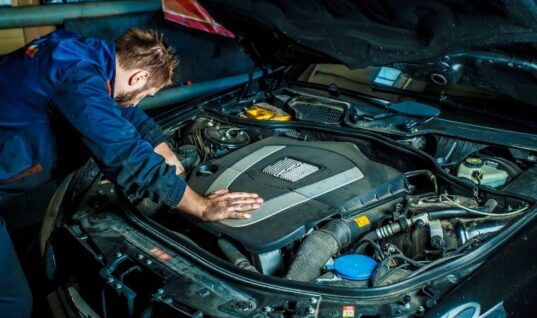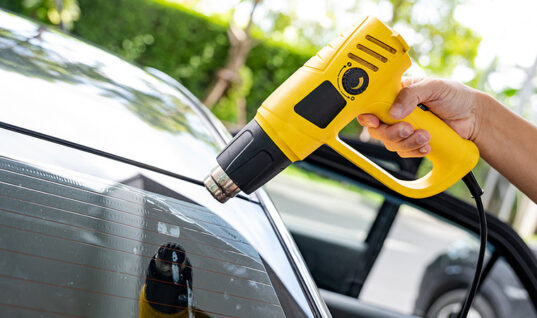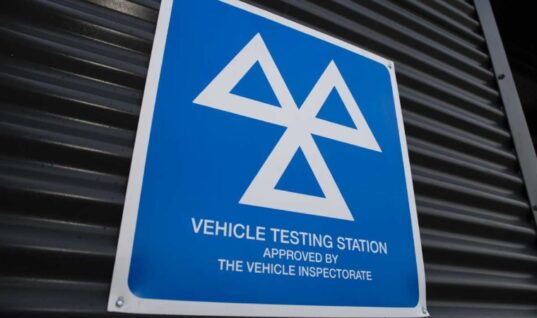
Graham Stoakes: Industry author, lecturer and GW columnist.
There are some who speculate on the future of independent garages, especially with advances in vehicle technology and manufacturers making it even more difficult to access services in the aftermarket.
As an author, I am fully aware of the reasons behind efforts to try and limit access to information and retain the ability to maintain an exclusivity on their customer base.
When a considerable amount of time and effort has been committed to producing a product, you want to retain a large proportion of the ownership.
Intellectual property (IP) is how many organisations or individuals make a living.
Copyright, trademarks and patents go some way to protecting IP in law, however, there are also justifiable reasons that should allow an element of freedom and competition.
The Block Exemption Regulation (BER) was designed to create competition within member states of the European Union by debarring organisations in industry from some activities in-order to create competition.
The regulation is well known in the automotive aftermarket due to the freedom it has created, allowing owners the choice where to have their vehicles serviced or repaired.
Block exemption came into effect in October 2003, and has gone a long way in allowing competition and supporting independent aftermarket for many years, but how this will be affected when the UK leaves the European Union in 2019 is yet to be seen.
Graham Stoakes
With a long history working in an independent garage, Graham now teaches motor vehicle technology at Chichester College.
He’s a renowned author too, with ten books and three CD ROMS to his name so far, covering a range of vehicle technology topics from levels one to four.
To find out more about Graham Stoakes and his automotive books, visit his website.
Technicians of tomorrow
As a college tutor, I thought it would be a good question to raise with my students, as they are the ones who potentially have a stake in the future jobs market.
I have my own opinions, however, I didn’t want to cloud or colour their thought process with my outlook on the subject, so I simply posed the question “is there a future for the independent garage“.
As many still have limited knowledge of the motor industry, and certain students can be notorious for not wanting to verbally express an opinion, I asked for a show of hands for ‘yes’ or ‘no’.
The initial response was about 70 per cent yes and 30 per cent no.
I then proceeded to gently probe those who had answered ‘no’, asking some to explain their reasoning.
Overall, my students felt that due to advances in technology and the supporting technical information and equipment required, it will be difficult for independent garages to keep pace, especially with regard to hybrid and electric vehicles – a topic that seems to be a more common area of discussion within my lessons, regardless of the subject being taught.
Without any prompting from me, the ‘yes’ camp immediately chimed-in with the counter argument.
Consumer choice
Although most had not heard of block exemption they quickly took on board the need for competition in the marketplace; stating that if the customer choice was reduced to a point where they could only use the manufacturer approved network, those that could only afford to buy their vehicle second-hand would be priced out of the market by any subsequent maintenance requirements.
I was very pleased that they had spotted this so early.
A healthy debate then ensued, with the ‘no’ camp quickly succumbing to a counter argument with every point they raised.
It soon became obvious to me that opinion on this matter held stronger feelings than those about ‘Brexit’; speaking of which I then threw the subject of Brexit into the mix and this is where the debate fell into disarray.
In conclusion, although nothing was fully resolved, it did show a strength of feeling on the subject from those with a potential interest in the future of the industry, and how they wanted to be prepared to fight for an independent aftermarket.
It seems clear that in order to maintain a thriving independent aftermarket, investment in training, information sources and specialist equipment will be obligatory; and those who are prepared for this will be at the front of the queue when it comes to reaping the rewards and benefits of a forward-looking business.
Do think independent garages have a promising future ahead? Share your comments below.








Home Page › Forums › Technicians of tomorrow to fight for UK’s independent aftermarket